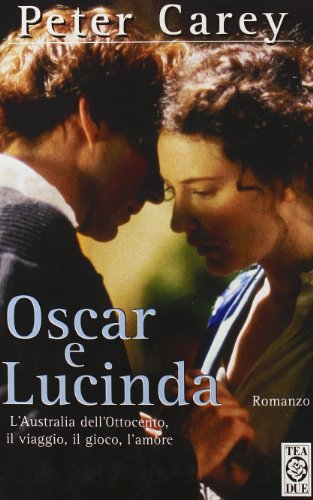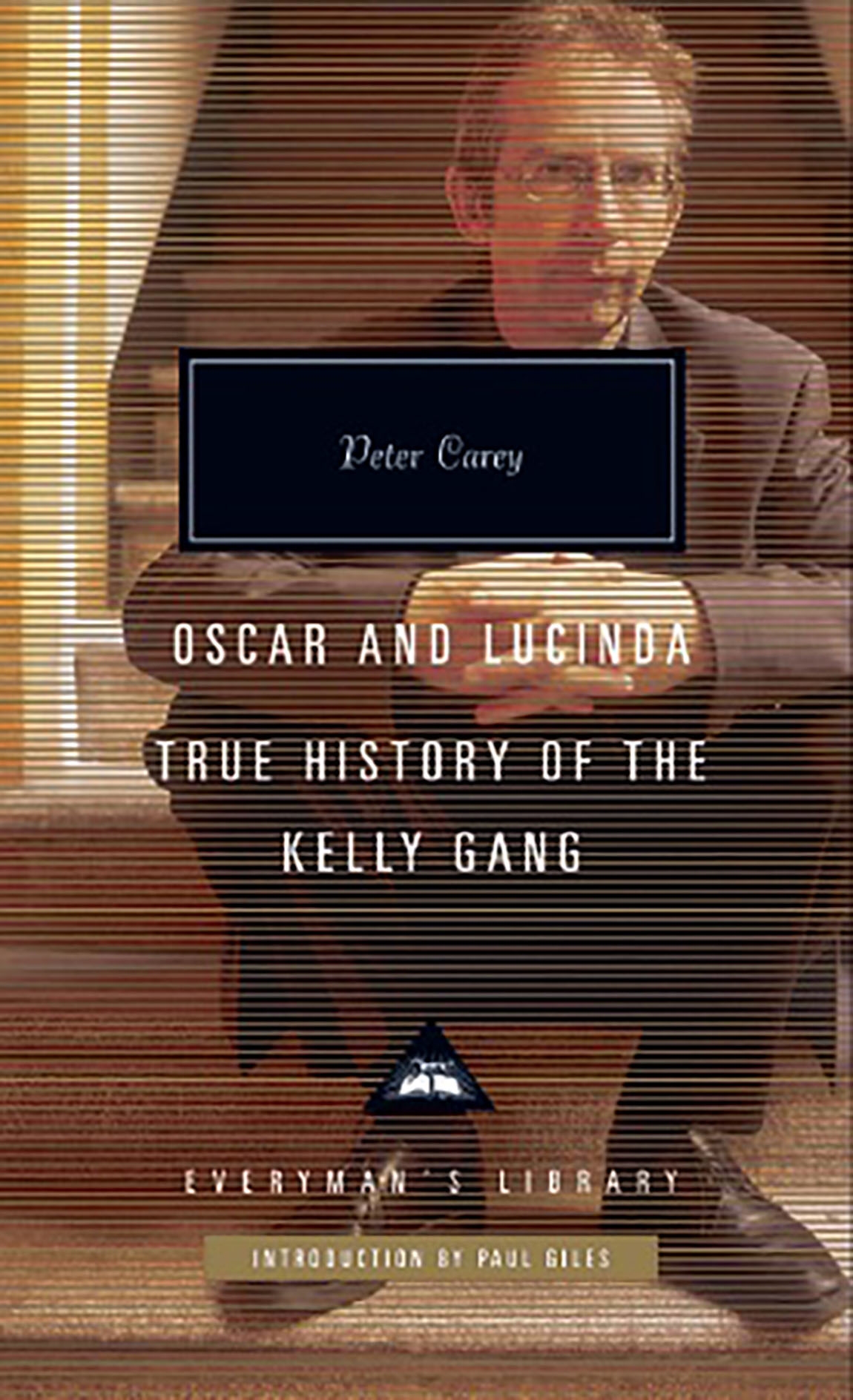

He was then employed by an advertising agency where he began to receive his literary education, meeting Faulkner, Joyce, Kerouac and other writers he had previously been unaware of.

In 1961 he studied science for a single unsuccessful year at Monash University. He was a student there between 19 - after Rupert Murdoch had graduated and before Prince Charles arrived.

He was educated at the local state school until the age of eleven and then became a boarder at Geelong Grammar School. Peter Carey was born in Australia in 1943. Elegant, clever motifs disappear and reappear like shadows – the hint of a wager, the presence of love, the lingering expectations inherited from a mother and father – and once you acclimate to the soundscape, which sounds jagged and strange to the ear at first, it begins to take you over, setting your heart to new rhythms.Librarian Note: There is more than one author in the Goodreads database with this name. There’s a reckless beauty to the score that can only come from careful forethought and construction when the ensemble of 16 play through it, conducted by Jack Symonds, you can feel that care. The result: spiky musical vignettes that flash and bend like rainbows. There’s more clarity in composer Elliott Gyger’s score, which takes Carey’s gift for shards of story, written in a voice that makes poetry from the mundane, and spins it out through a musical prism. It doesn’t quite stand on its own as a work, its narrative buried in references and ideas rather than clarity of plot. Without that knowledge, it would be hard to feel the story’s internal momentum and shape as it advances. It is at its best when it takes Carey’s lyrical, emotive words and gives them music, but it also relies on audience recognition of those words and the chapters surrounding them you need to understand their weight in the original text to follow the action onstage. It’s so difficult to condense a novel like Carey’s into a two-act narrative (the book is bursting with life and populated by irresistible personalities), but the strength of Wilcox’s libretto lies in its narrowest focus, when it looks little elsewhere than Oscar and Lucinda themselves. It’s a delightful, near-giddy collision, a moment you can’t help wish came a little earlier. When they finally meet, at the end of the first act, the opera blooms open. In the opera, directed with steadfast compassion by Patrick Nolan, we follow Oscar and Lucinda’s divergent, far-flung childhoods – hers in Australia, on stolen land (a fact with which she is rightly, profoundly uncomfortable) his in England, where a complex relationship with his father and a call to God shape Oscar into an anxious, yearning adult.

Oscar and Lucinda: full of spiky musical vignettes that flash and bend like rainbows.


 0 kommentar(er)
0 kommentar(er)
